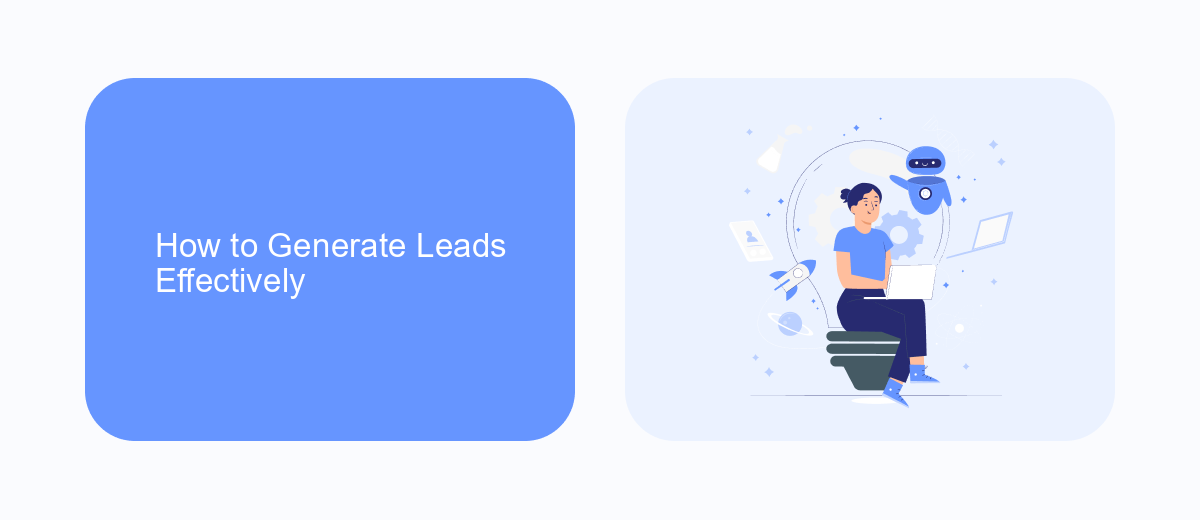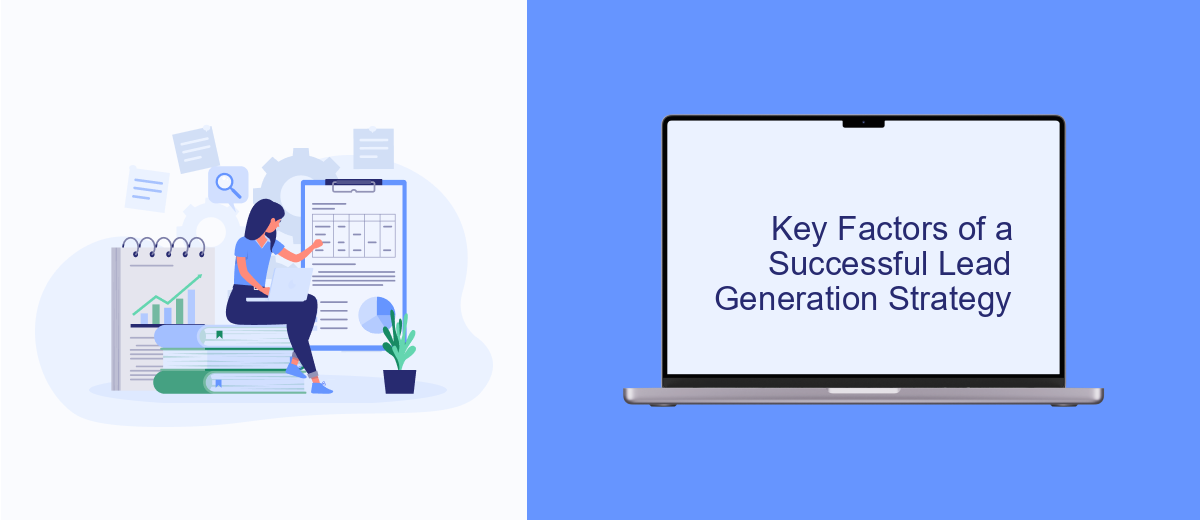In today's rapidly evolving business landscape, understanding the concept of generation lead is crucial for companies aiming to thrive in competitive markets. A generation lead refers to the process of attracting and converting potential customers into interested prospects through various marketing strategies. This article delves into the definition, importance, and effective methods of generation lead, providing valuable insights for businesses seeking to enhance their customer acquisition efforts.
What is Generation Lead?
Generation lead refers to the process of attracting and converting potential customers into individuals who have expressed interest in a company's product or service. This is a crucial aspect of marketing and sales strategies, as it helps businesses build a pipeline of prospective clients. Effective lead generation involves identifying the target audience, understanding their needs, and engaging them through various channels to nurture their interest.
- Identifying target demographics and creating buyer personas.
- Utilizing digital marketing strategies such as SEO, content marketing, and social media.
- Engaging potential customers through email campaigns and personalized communication.
- Tracking and analyzing lead behavior and engagement for further optimization.
By successfully generating leads, businesses can increase their chances of converting these prospects into loyal customers. This process not only enhances sales opportunities but also fosters long-term relationships with clients. A well-executed lead generation strategy provides valuable insights into consumer behavior, allowing companies to tailor their offerings to meet the evolving needs of their audience. Ultimately, lead generation is a vital component of a sustainable business growth strategy.
How to Generate Leads Effectively

Generating leads effectively begins with understanding your target audience and creating tailored content that addresses their specific needs and challenges. Utilize various channels such as social media, email marketing, and content marketing to reach potential leads. It's crucial to provide value through informative blog posts, engaging videos, and insightful webinars that capture interest and encourage interaction. Implementing a strong call-to-action in your content can guide potential leads towards taking the desired steps, such as signing up for a newsletter or downloading a resource.
Moreover, leveraging technology can significantly enhance your lead generation efforts. Tools like SaveMyLeads can automate the process of capturing and organizing leads from various platforms, ensuring no potential customer slips through the cracks. By integrating your marketing and sales systems, SaveMyLeads helps streamline your workflow, allowing you to focus on nurturing relationships and converting leads into loyal customers. Regularly analyze your lead generation strategies to identify what works best and adjust your approach to maximize results.
Benefits of Lead Generation

Lead generation is a crucial component of any successful marketing strategy, as it focuses on attracting and converting potential customers into leads. By generating high-quality leads, businesses can increase their sales opportunities and build a robust customer base. This process not only enhances brand visibility but also strengthens relationships with prospects, ultimately leading to higher conversion rates.
- Increased Sales: By identifying and targeting potential customers, businesses can significantly boost their sales and revenue.
- Cost-Effectiveness: Lead generation allows companies to focus their marketing efforts on specific audiences, reducing overall marketing costs.
- Improved Customer Insights: Through lead generation, businesses can gather valuable data on customer preferences and behaviors, allowing for more personalized marketing strategies.
- Enhanced Brand Awareness: Consistent lead generation efforts increase brand visibility, making it easier for potential customers to recognize and trust the brand.
- Strengthened Customer Relationships: Engaging with leads through various channels helps build trust and loyalty, leading to long-term customer relationships.
In conclusion, lead generation plays a vital role in driving business growth and success. By focusing on generating and nurturing leads, companies can not only increase their sales but also build lasting relationships with their customers. This strategic approach ensures that businesses remain competitive in an ever-evolving market landscape.
Key Factors of a Successful Lead Generation Strategy

A successful lead generation strategy is crucial for businesses aiming to expand their customer base and increase revenue. It involves identifying potential customers and nurturing them through the sales funnel. To achieve this, companies must focus on several key factors that contribute to an effective strategy.
First and foremost, understanding the target audience is essential. This involves researching their preferences, behaviors, and pain points. By doing so, businesses can tailor their marketing efforts to meet the specific needs of their audience, thereby increasing engagement and conversion rates.
- Utilizing multiple channels to reach potential leads, including social media, email marketing, and SEO.
- Creating high-quality, valuable content that attracts and retains the audience's attention.
- Implementing lead scoring to prioritize and focus efforts on the most promising prospects.
- Regularly analyzing and adjusting strategies based on performance metrics and feedback.
Lastly, fostering strong relationships with leads is vital. This can be achieved through personalized communication and consistent follow-ups, ensuring that potential customers feel valued and understood. By focusing on these key factors, businesses can develop a robust lead generation strategy that drives growth and success.
- Automate the work with leads from the Facebook advertising account
- Empower with integrations and instant transfer of leads
- Don't spend money on developers or integrators
- Save time by automating routine tasks
Tools for Lead Generation
Lead generation is an essential part of any successful marketing strategy, and there are numerous tools available to help businesses capture and convert potential customers. Customer Relationship Management (CRM) systems like HubSpot and Salesforce allow organizations to manage and analyze customer interactions throughout the customer lifecycle, enhancing relationships and driving sales growth. Email marketing platforms such as Mailchimp and Constant Contact enable businesses to reach out to potential leads with targeted campaigns, nurturing them through personalized communication.
For seamless integration and automation of lead generation processes, tools like SaveMyLeads can be invaluable. SaveMyLeads offers a simple way to connect various applications, ensuring that leads captured through forms or social media ads are automatically transferred to your CRM or email marketing platform. This not only saves time but also reduces the risk of losing valuable leads due to manual errors. By leveraging these tools, businesses can efficiently streamline their lead generation efforts, improving conversion rates and maximizing their marketing ROI.
FAQ
What is lead generation?
Why is lead generation important for businesses?
What are some effective lead generation strategies?
How can automation improve lead generation efforts?
What is the role of lead nurturing in lead generation?
What do you do with the data you get from Facebook lead forms? Do you send them to the manager, add them to mailing services, transfer them to the CRM system, use them to implement feedback? Automate all of these processes with the SaveMyLeads online connector. Create integrations so that new Facebook leads are automatically transferred to instant messengers, mailing services, task managers and other tools. Save yourself and your company's employees from routine work.

